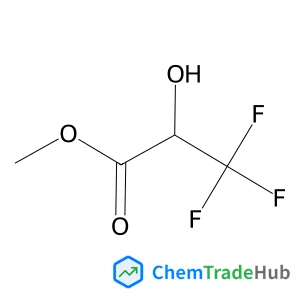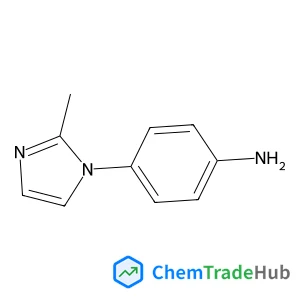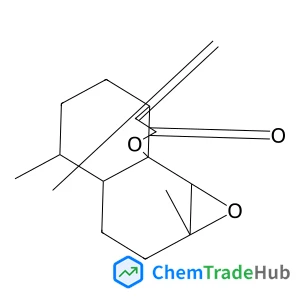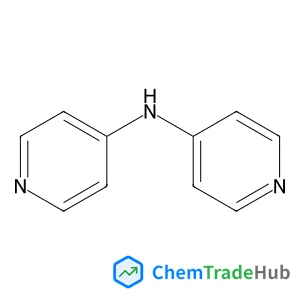Physicochemical aspects of isomerisation of free radicals
Literature Information
Evgenii T. Denisov, Taisa G. Denisova
Kinetic data on intramolecular abstraction of hydrogen atoms in alkyl, alkoxyl and peroxyl radicals are generalised and analysed. It is shown that the activation energies of these reactions are affected by ring strain. The kinetic parameters of mono- and bimolecular elimination reactions are compared. The difference between the activation energies of these reactions is interpreted using the model of intersecting parabolas. The same model is used to discuss the results of analysis of cyclisation of alkyl radicals; the ring strain energy is shown to play an important role in the activation of these reactions. It is noted that the difference between the electron affinities of the C, N and O atoms is clearly manifested in the cyclisation of aminyl and ω-formylalkyl radicals. The kinetic parameters of cyclisation and bimolecular radical addition reactions are compared. The experimental data on the transfer of the vinyl and aryl groups in alkyl radicals are analysed. The bibliography includes 146 references.
Related Literature
IF 6.222
Metal–organic frameworks: preparation and applications in highly efficient heterogeneous photocatalysisIF 6.367
Coexisting order and disorder within a common 40-residue amyloid-β fibril structure in Alzheimer's disease brain tissueIF 6.222
Non-aqueous neptunium and plutonium redox behaviour in THF – access to a rare Np(iii) synthetic precursorIF 6.222
A model-based comparison of Ru and Ni catalysts for the Sabatier reactionIF 6.367
Life cycle assessment of plasma-assisted ethylene production from rich-in-methane gas streamsIF 6.367
Front coverIF 6.843
Electrocatalytic cleavage of lignin model dimers using ruthenium supported on activated carbon clothIF 6.367
Catalytic depolymerization of alkali lignin in ionic liquids on Pt-supported La2O3–SO42−/ZrO2 catalystsIF 6.367
Inside back coverIF 6.222
Source Journal
Russian Chemical Reviews

Founded in 1932, Russian Chemical Reviews aims to publish timely and important review articles covering most aspects of modern chemistry, including: Chemical physics Physical chemistry Computational and theoretical chemistry Catalysis Coordination chemistry Analytical chemistry Organic, organometallic and organoelement chemistry Chemistry of macromolecules Applied chemistry Biochemistry, bio-organic chemistry and biomolecular chemistry Medicinal chemistry Materials chemistry, nanochemistry, nanostructures Environmental chemistry
Recommended Compounds
Recommended Suppliers
 JinEn (Guangzhou) New Materials Co., Ltd.
JinEn (Guangzhou) New Materials Co., Ltd. Changzhou Kewei Fine Chemical Co., Ltd.
Changzhou Kewei Fine Chemical Co., Ltd. Nantong Yixun Chemical Industry Co., Ltd.
Nantong Yixun Chemical Industry Co., Ltd. Shandong Jianlian New Materials Co., Ltd.
Shandong Jianlian New Materials Co., Ltd. Trenka Industriebedarf Handelsgesellschaft m.b.H
Trenka Industriebedarf Handelsgesellschaft m.b.H Inilab, S.L.
Inilab, S.L. SL Kunststofftechnik GmbH
SL Kunststofftechnik GmbH TeSup
TeSup Indogulf Company
Indogulf Company HB Optical Technology Co. Ltd
HB Optical Technology Co. Ltd












![4079-26-9 - 6,11-Dihydro[1]benzothiopyrano[4,3-b]indole 4079-26-9 - 6,11-Dihydro[1]benzothiopyrano[4,3-b]indole](/structs/407/4079-26-9-7725.webp)

